#Proprioception
Explore tagged Tumblr posts
Text
The 8 Senses
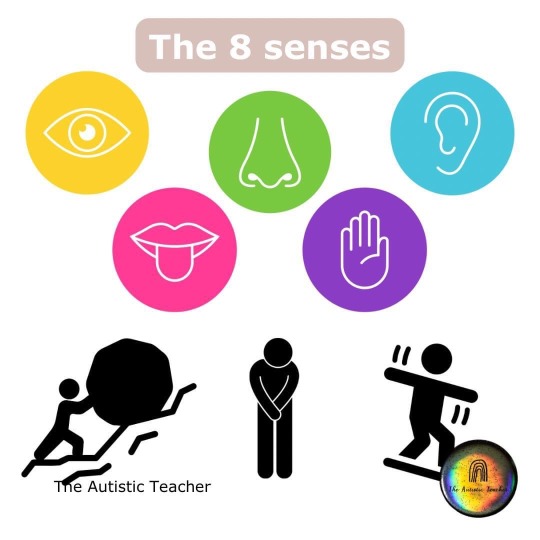
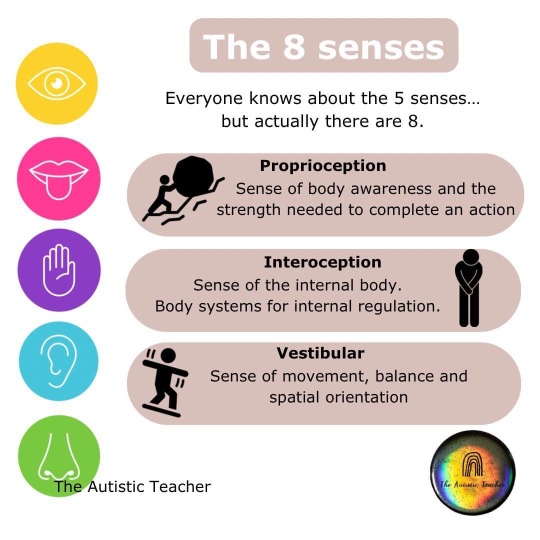
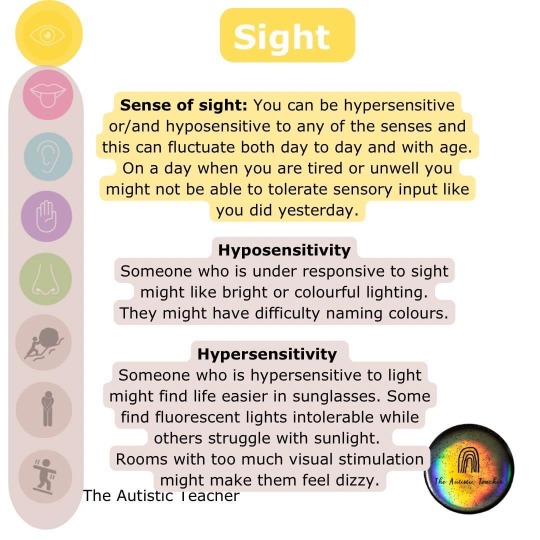
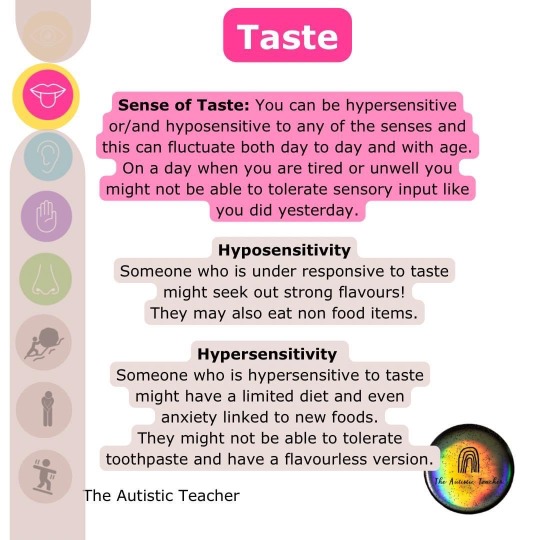
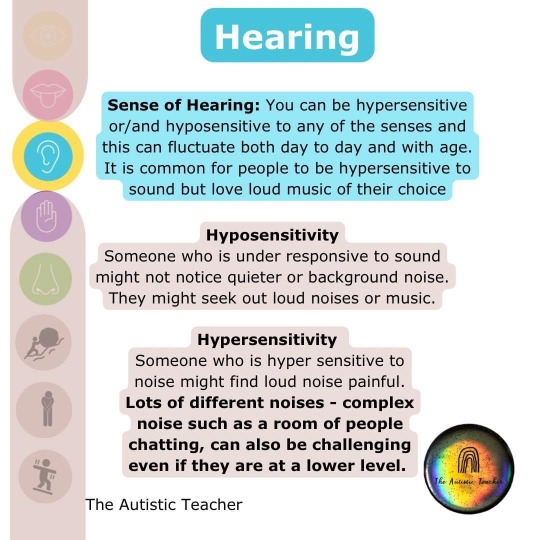
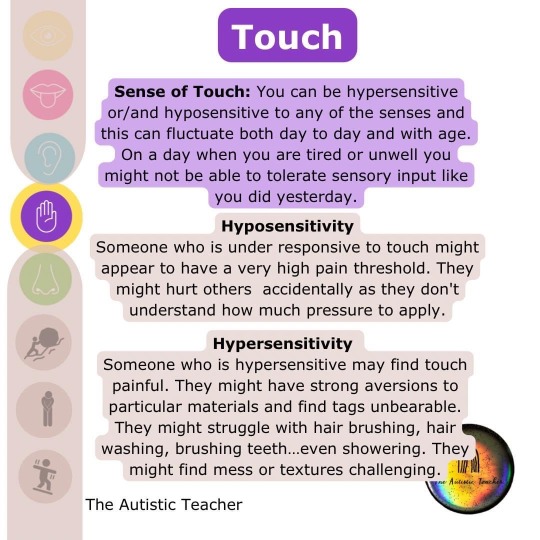
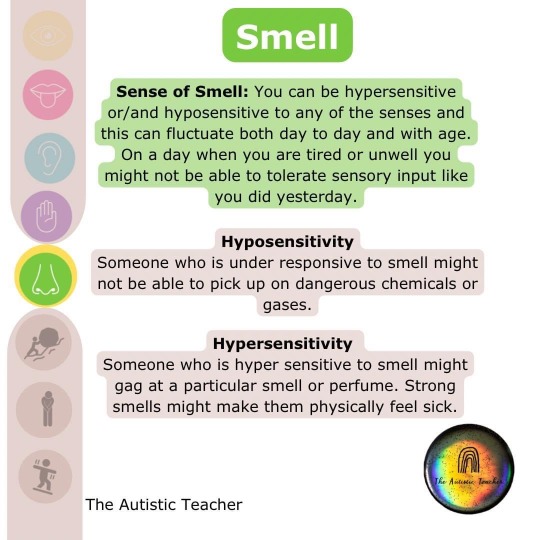
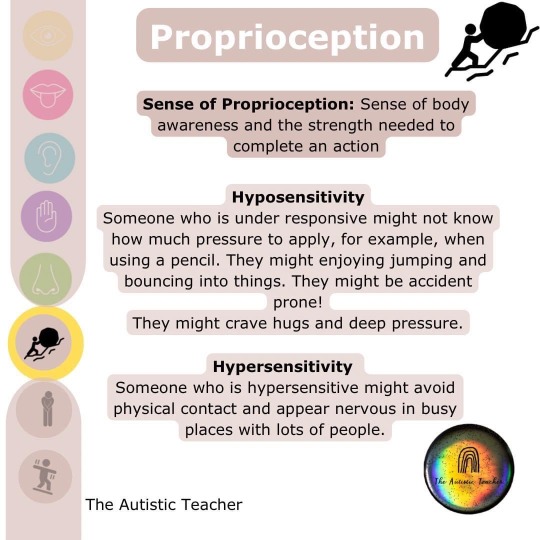
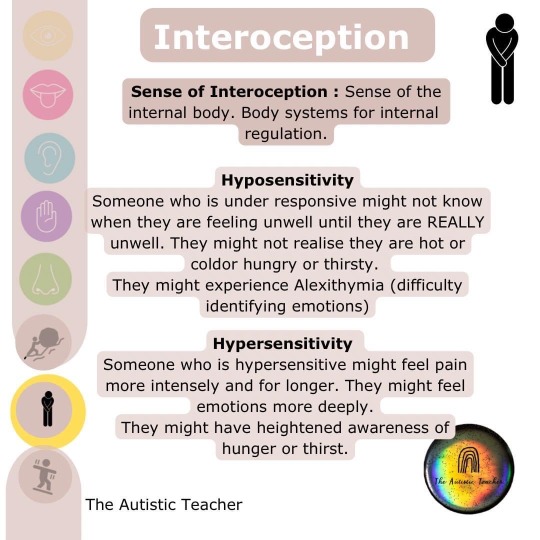
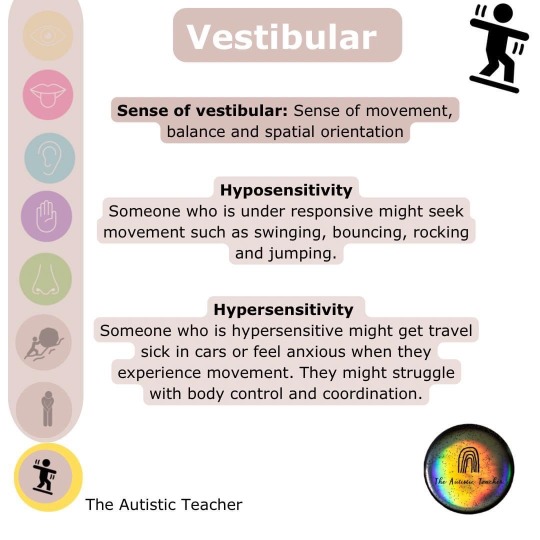
The Autistic Teacher
#the 8 senses#sight#smell#taste#touch#hearing#proprioception#interoception#it’s interesting that neurodivergent individuals experience these differently#feel free to reblog#The Autistic Teacher (facebook)
10K notes
·
View notes
Text
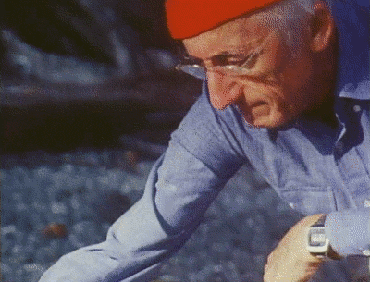
Jacques Cousteau
#giphy#gif#crab#jacques cousteau#proprioception#tap#tapping#pat#patting#oceanographer#filmmaker#author#beach
307 notes
·
View notes
Text
The Coolest Five-Legged Robot Adam Savage Has Ever Seen!
youtube
youtube
#stalker#s.t.a.l.k.e.r.#stalker is the name of the robot#next one is#night stalker#adam savage#animatronic#robot#⭐#starfish#technology#unique#youtube#proprioception#rocky#rocky the eridian#project hail mary#Youtube
9 notes
·
View notes
Text
3-2-1-Awwwwwww
A weighted blanket is grand The contraption can give him a hand But Sherlock likes best When he's close to John's chest In a hug that makes his heart expand
Notes on ao3!
The Problem of Thor Bridge Pt 1
41 notes
·
View notes
Text

A poem by Sofi Ghassaei , a nonspeaking autistic poet and playwright , on how she experiences proprioception.
7 notes
·
View notes
Text
The Human Mind is Truly Remarkable
by Thomas Marsh-Connors Angry British Conservative Blog
We live in an age obsessed with machines artificial intelligence, robots, algorithms, and self-driving cars. And yet, every so often, something as simple as tossing your phone in the air reminds you: that nothing mankind has created comes close to the brilliance of the human brain.
Earlier today, while chatting with a mate on the phone, I found myself instinctively throwing my iPhone in the air and catching it. Over and over. Absent-mindedly. Without even thinking about it.
And then it hit me: How the hell is my brain doing this?
I wasn’t consciously focusing on catching the phone. I wasn’t calculating trajectory or distance. I wasn’t telling my fingers when to close or where to move. I was having a conversation and yet, somehow, another part of me was tracking a moving object in space, adjusting my hand’s position in real-time, compensating for motion, light, gravity, and muscle tension. All without conscious effort.
Let me tell you something: that’s not normal. At least, it shouldn't be. It’s not something we should take for granted. It’s miraculous.
A Symphony of Silent Genius
Your brain is a conductor and your body is the orchestra. Just to perform this simple task (tossing and catching a phone), dozens of brain regions coordinate perfectly:
The motor cortex activates your muscles.
The cerebellum controls timing, precision, and balance.
The visual cortex tracks the phone’s arc.
The dorsal stream predicts where the phone will land.
Proprioception (your sixth sense) tells you where your hand is in space.
Reflexes make tiny last-second adjustments.
And the best part? You don’t have to think about any of it.
You're running two separate but perfectly synchronized processes one verbal (talking to your friend) and one physical (catching your phone). And both are happening seamlessly. Your brain is splitting tasks, assigning them to different areas, prioritizing efficiently, and updating inputs constantly. That’s not just multitasking that’s a level of organic processing power no AI system has ever come close to.
We Are Fearfully and Wonderfully Made
As a Christian, this sort of thing only deepens my awe. You could spend your entire life studying neuroscience and still not touch the depths of how the mind works. The way the brain governs the body silently, precisely, and with effortless grace speaks of something far greater than random chance or chemical coincidence. It’s design, not chaos. Order, not noise.
And while Big Tech wants us all to marvel at the “latest breakthrough” in silicon intelligence, perhaps we ought to spend a bit more time being blown away by the carbon-based intelligence sitting between our ears.
Your mind is not just remarkable it’s sacred.
So next time you find yourself tossing your phone, catching a mug without spilling the tea, or typing a text while crossing the road without getting flattened just pause. Marvel. Respect the machinery you’ve been gifted.
Because the most powerful computer on earth… is you.
#HumanMind#Neuroscience#CognitiveScience#MuscleMemory#Proprioception#BrainFunction#MotorSkills#MindBodyConnection#Consciousness#ChristianConservative#DivineDesign#OrganicIntelligence#AIvsHuman#MentalMiracle#GodsCreation#EverydayMiracles#HumanPotential#BrainPower#ModernPhilosophy#ThinkDeeply#new blog#today on tumblr
6 notes
·
View notes
Text
I can't help but laugh a little hysterically when reflecting upon my family being undiagnosed autistic.
They're all in deep denial.
My dad is a life long musician. Guess where his place in the world is? The front of an Orchestra. Man is a musical conductor.
Can I ask... Is there any better job for an autistic man who wants to hand flap professionally, than a musical conductor?

#audhd#actually autistic#autism#autistic#autistic things#neurodivergent#adhd#late diagnosed autistic#family#Patterns#Proprioception#Hand flapping#Stimming
19 notes
·
View notes
Text

Research has determined that fascia tissues have 6x to 8x more proprioceptive sensory nerve endings than red muscle (Schleip 2017).
This makes the fascia system arguably the body’s largest sensory organ.
The spindle receptors in muscles are primarily located in areas where force transfer happens at the muscle-tendon unit (MTU). When it comes to sensing where we are in space and time, the fascia system provides our most important interface.
(Hira Sutra)
30 notes
·
View notes
Text
What is Proprioception?
A lot of people think we have five senses, but we actually three more that many people do not know about.
Proprioception (pro-pre-o-sep-shun) is the sense of where we are in space, and it comes from nerve endings, called proprioceptors, in our muscles and joints. These proprioceptors tell us what angle our joints are in. Our proprioceptive system is both the parts and the workings of those receptors and our brain that interprets the information from those receptors.
Some people’s brains are under-sensitive to proprioceptive input, and we may seek out more proprioceptive input even if we don’t know that that is what we are doing. People who have difficulty processing proprioceptive input have trouble with motor coordination, and that level of difficulty may or may not be enough for other people to think the person is clumsy.
Proprioceptive input can help us change our energy level if we feel either sluggish or wound up.
Activities that involve pushing or pulling on our joints give us proprioceptive input.
These activities include:
-Chewing and sucking on things
-Push-ups, walk push-ups, chair push-ups, and pressing your hands together
-Animal walks
-Heavy chores
-Band exercises
-Many other physical exercises
Cheers,
Julia
P.S. Here is a short video about proprioception from an occupational therapy perspective:
youtube
#neurodivergence#neurodiversity#non-verbal learning disorder#non-verbal learning disability#autism#learning disability#learning disorder#sensory processing#sensory processing disorder#adhd#sensory integration#occupational therapy#self regulation#fine motor skills#gross motor skills#proprioception#Youtube
7 notes
·
View notes
Text
Hello 🥰
I thought I'd introduce myself... I'm Emma.
This past year, I have:
developed a whole heap of food allergies
been diagnosed with audhd
started adhd meds, then stopped taking them
started actively unmasking
quit my job
started creative writing
restarted songwriting
rediscovered that I love playing guitar and piano and singing
got back into weight lifting and reformer Pilates
I created this blog so I could have somewhere to put all of my billion thoughts about my experiences this year.
So, expect incohesive rambles as well as relatable reblogs.
E x
P.S. my favourite tags are: Let what helps help, Thrive out of spite, You should know this too, and Done is better than perfect.
P.P.S. I will defo write about Pathological Demand Avoidance (PDA), Rejection Sensitive Dysphoria (RSD), and having bad Proprioception (BP) on here.
#emmaelt#audhd#actually autistic#adhd#autism#neurodivergent#chronically ill#food allergies#you should know this too#let what helps help#done is better than perfect#thrive out of spite#pathological demand avoidance#rejection sensitive dysphoria#proprioception
7 notes
·
View notes
Text
the shit proprioception from hEDS and ADHD is all fun and games until you have horrible joint pain from some (mysterious, unknown) injury and you keep slamming into walls and railings—as you literally always have done—and you whack your knee against a railing and can feel your femur SLAM into your injured hip joint, causing a reverberation of pain like no one has ever felt before
that happened last night and I just slammed my shoulder into a door frame as I was going into the bathroom, so I think we can be safe to say that NO lessons will be learned
6 notes
·
View notes
Text
The 8 Senses




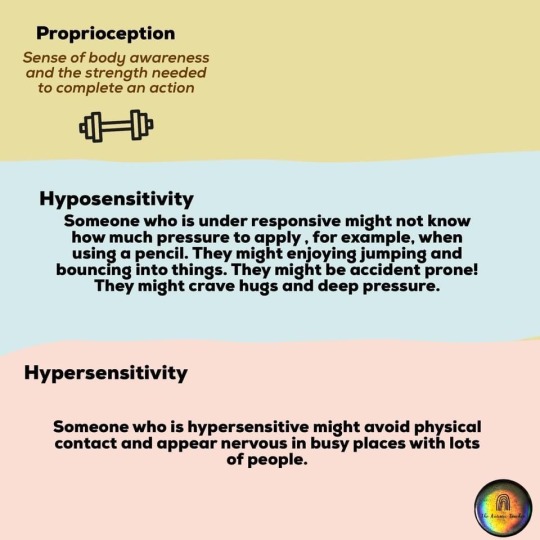




The Autistic Teacher
#autism#actually autistic#the 8 senses#Olfactory#tactile#auditory#Gustatory#visual#vestibular#Proprioception#Interoception#autism and the senses#sensory processing#sensory processing disorder#neurodivergence#neurodiversity#actually neurodivergent#feel free to share/reblog#The Autistic Teacher (Facebook)
608 notes
·
View notes
Text
I am going to be very suddenly taking up dancing (<- will be in very Dancy musical). I have a few questions for autistic dancers specifically (tho anyone else who struggles with proprioception, e.g. dyspraxics, is welcome to answer)
did dance help your overall proprioception at all? balance coordination etc. this is a question for PEOPLE WHOS PROPRIOCEPTION NATURALLY SUCKS I know if ur like Normal ur stuff will get better but I wanna know how it is with natural deficit as someone who has a chance of falling down every time i stand up
was learning to dance. hell. am i about to just put myself through hell with little benefit or improvement.
do yall have any like..... basic balance/coordinaiton tips or knowledge so I can maybe not look Incredibly stupid
68 notes
·
View notes
Text
things you should know about me:
i busted my lip playing dnd yesterday by slamming my (closed) water bottle full-force into my face attempting to imitate an action. misjudged both the distance and the momentum. oopsies
#dnd#d&d#funny#proprioception#proprioceptive issues#chronic illness#chronically ill#autism#actually autistic#mild injury#it’s funny. you can laugh
7 notes
·
View notes
Text
I accidentally ran into a wall this morning because there was a hair on my face stuck to my chapstick and one of my glasses arms wasn't sitting correctly on one of my ears
I often look like I'm slightly drunk when I'm walking if I get overwhelmed by sensory input and somehow didn't realize that this was an issue or that that was why for 27 years
#autism#sensory overload#proprioception#sensory overwhelm#autistic#actually autistic#clumsy#clumsiness
2 notes
·
View notes
Text
youtube
Three nonspeaking autistic people presenting for the University of California. Some of the topics are their experiences in college , healthcare access , being included , the pros and cons of symbol - based AAC and typing in different situations , and what professionals should understand about living in an apraxic body.
#David Teplitz#Hari Srinivasan#Tyler Fihe#video#captioned#college#education#r word#autism#typing#inclusion#autonomous adult lives#how we feel about our disabilities#apraxia#proprioception#our communication journeys#communication is everything#developmental disability#healthcare#presume competence#sensory overload#Some of us can read the words we have typed but cannot use our speech to communicate.#symbol based aac#touchchat#communication partners#Youtube#see us talk
4 notes
·
View notes